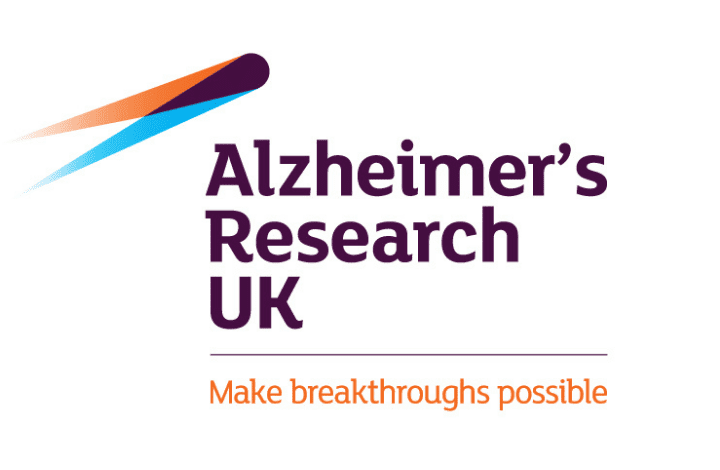Diversity in clinical trials: looking back at our 2021 blogs
Throughout 2021, our Equality and Diversity (E&D) committee have been writing monthly blogs to inform and raise awareness of many diseases, conditions and inclusion days. Our blogs were all written by the E&D team members and many include references to the work Innovative Trials has carried out to aid in the process of finding cures and treatments whilst highlighting the importance of diversity in clinical trials.
In January, as Cervical Health and Thyroid Awareness Month, we focused on Women’s health. With women five to eight times more likely to have thyroid problems than men and around 3,200 cases of cervical cancer diagnosed in the UK each year, we highlighted symptoms women can look out for and how these conditions are diagnosed.
World Cancer Day was in February therefore we looked at diversity in cancer. As in our March blog, we found that Black men are three times more likely to have prostate cancer compared to white men and black and asian females aged 65+ are at a higher risk of cervical cancer than white females in the UK. Innovative Trials are currently working on three prostate cancer projects, supporting our clients in site optimisation, community engagement and materials development with interim data showing promising results.
 In partnership with our 2021 Charity Partner, Alzheimer’s Research UK, our September blog focused on Dementia and Alzheimer’s. 50 million people in the world are living with dementia right now, costing the global economy an estimated $1 trillion. Alzheimer’s disease is the most common form of dementia and occurs when a buildup of proteins in the brain damages more and more cells, leaving the brain weighing around 140 grams less than a healthy one, causing dementia symptoms and eventually death. Along with our blog, Alzheimer’s Research UK held a lunch and learn for our Equality and Diversity Committee to share information and research about the disease, how we can recognise it and how we can help.
In partnership with our 2021 Charity Partner, Alzheimer’s Research UK, our September blog focused on Dementia and Alzheimer’s. 50 million people in the world are living with dementia right now, costing the global economy an estimated $1 trillion. Alzheimer’s disease is the most common form of dementia and occurs when a buildup of proteins in the brain damages more and more cells, leaving the brain weighing around 140 grams less than a healthy one, causing dementia symptoms and eventually death. Along with our blog, Alzheimer’s Research UK held a lunch and learn for our Equality and Diversity Committee to share information and research about the disease, how we can recognise it and how we can help.
Throughout July and August, we looked at Alopecia and Psoriasis. Although these are not life threatening conditions, both can have huge psychological impacts to those who suffer with them due to the traumatic experience of hair loss and the low self-esteem and anxiety caused by having a visible condition. In fact, approximately one third of people who have Psoriasis experience depression and anxiety and 77% describe it as a ‘problem’ impacting their quality of life.
 Recognising the effect physical conditions can have on mental health, we spent May and November focusing on mental health and initiatives created to raise awareness. ‘Movember’ is a well known event created to raise awareness and money for men’s health, including mental health. According to recent data, on average men die around six years earlier than women with one of the top reasons being mental health.
Recognising the effect physical conditions can have on mental health, we spent May and November focusing on mental health and initiatives created to raise awareness. ‘Movember’ is a well known event created to raise awareness and money for men’s health, including mental health. According to recent data, on average men die around six years earlier than women with one of the top reasons being mental health.
Over the past year, many studies have been suspended out of safety concerns due to COVID-19. This led to a dip in new patients entering trials by nearly 65 percent in March 2020. Although the need for precautions is understood, many feel concerned that the natural course of their diseases may claim their lives before COVID-19. The sense of vulnerability has created resentment toward healthcare, public health, and government stakeholders who they feel have prioritised COVID-19 over their conditions. Additionally, many patients are worried that their disease may worsen, making them ineligible to participate in trials in the future.
 We haven’t only focused on diseases or illness with the goal of improving diversity in clinical trials though, in April one of our blogs looked at Autism and the difficulties people with autism may face. For example the feeling of being overwhelmed can be intense and exhausting, causing a lack of control leading to potential meltdowns in the form of verbal or physical reactions. We have also written about celebrations such as Ramadan (April blog), Black History Month (October) and Pride Month (June blog) and how these connect to clinical trials and the individuals who take part; what more can be done to include everyone in clinical research?
We haven’t only focused on diseases or illness with the goal of improving diversity in clinical trials though, in April one of our blogs looked at Autism and the difficulties people with autism may face. For example the feeling of being overwhelmed can be intense and exhausting, causing a lack of control leading to potential meltdowns in the form of verbal or physical reactions. We have also written about celebrations such as Ramadan (April blog), Black History Month (October) and Pride Month (June blog) and how these connect to clinical trials and the individuals who take part; what more can be done to include everyone in clinical research?
Alongside our blogs we have also held Q&A’s internally with our colleagues to discuss equality in the workplace, Menopause and Ramadan. Our Q&A’s have provided an honest and informative platform for team members to ask questions and discuss how it has affected them/ how they celebrate and what more we can do as individuals and as a Company.
In 2022, our Equality and Diversity Committee plans to continue recognising and celebrating important issues, conditions and events within Equality and Diversity, with the aim to inform and increase awareness with the goal to make health research fairer so that different patient populations are fairly represented in clinical trials.
